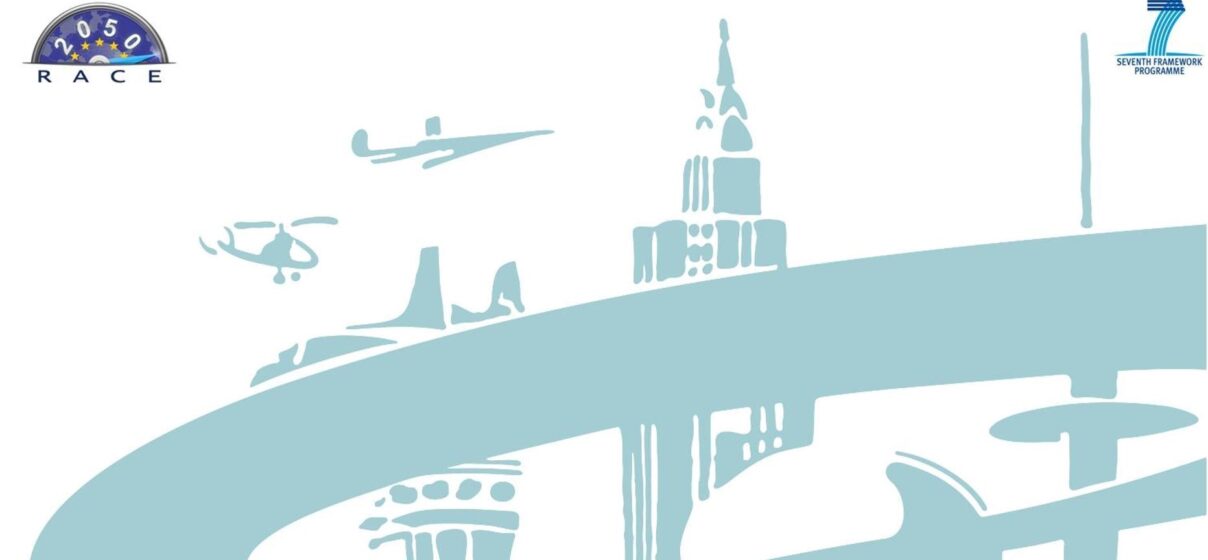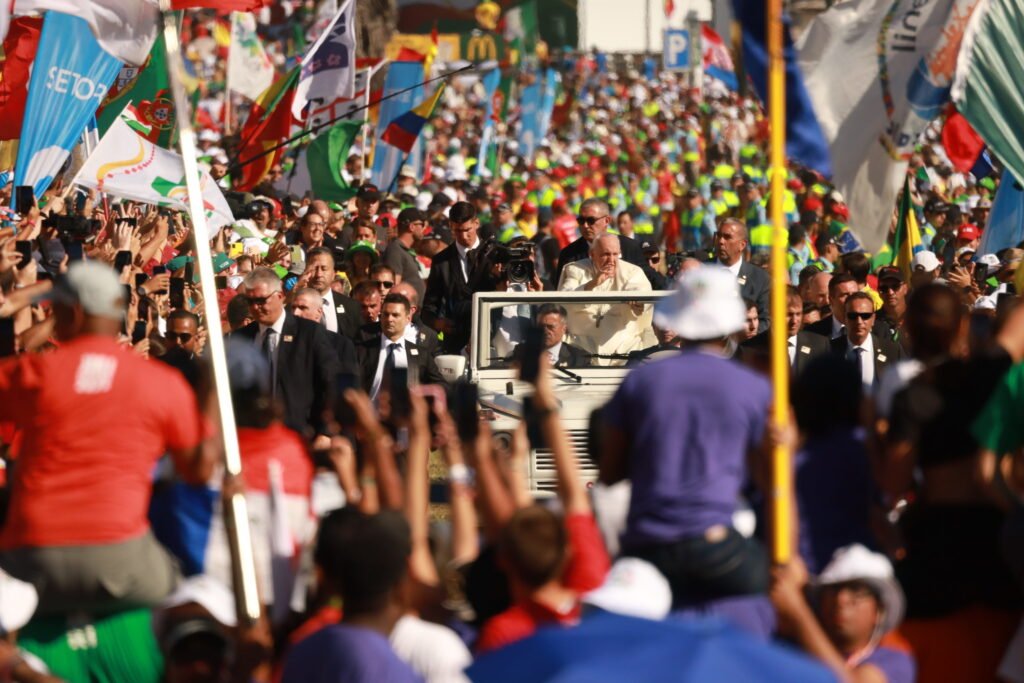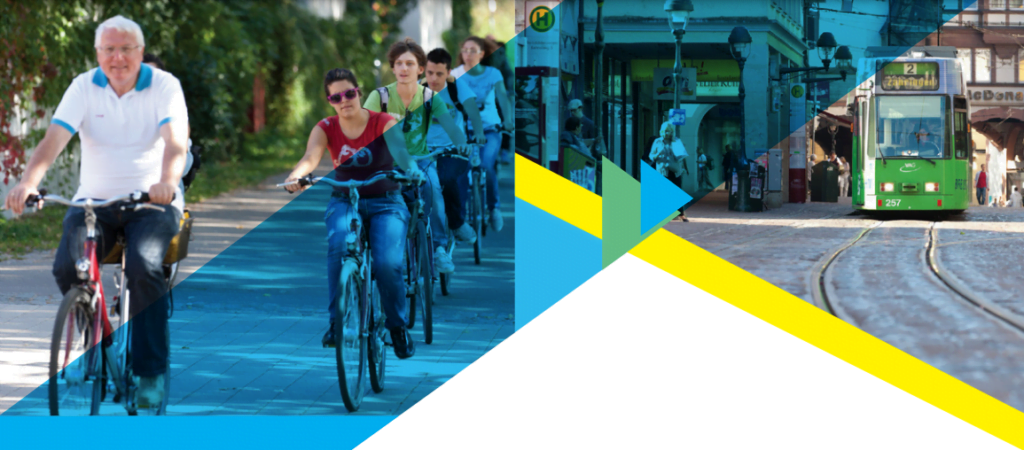European Research Project RACE 2050

The European Research Project RACE 2050 – ‘Responsible innovation Agenda for Competitive European transport industries up to 2050’ – funded by the European Union’s Seventh Framework Programme (FP7/2007–2013) – aimed at identifying key success factors for a climate and environmental friendly, socially acceptable, and sustainable growth of the European Transport industry and for the policies which can increase its strength in a long term perspective up to 2050.
VTM partnered on the consortium coordinated by the Technische Universitat Berlin (TUB) and constituted also by the Institute of Transport Economics, Norway (TOI), The Zurich University of Applied Sciences, Institute of Sustainable Development, Switzerland (ZHAW), the Unit for Technology and Society Foresight (formerly ICTAF) of Tel Aviv University, and Ritchey Consulting AB, Sweden. VTM coordinated the delivery of the report “D5.1 Current Transport Demand and Global Transport Outlook”, addressing issues such as:
- Population prospects
- Ageing
- GDP & Income growth and distribution
- Urbanization patterns & trends
- Changing lifestyles & mobility behaviours
- Environmental challenges
- Energy sources & technological innovations and
- Congestion.
Additionally, VTM participated on multiple activities under the coordination of other Consortium partners, namely:
- Reporting on existing transport equipment and services strategies & current framework conditons
- Recommendations for the necessary policies, including research policies, to reach the goals of desirable scenarios
- Web-based interactive foresight synopsis tool, envisioned to create a long-term legacy for stakeholders.
RACE 2050’s main goal was to come forward with novel scenarios for 2030 and 2050 on the future competitiveness of the European transport Industry. Important drivers of change were extracted by integrating the tremendous available foresight intelligence and analyzing current policies, emerging technologies, energy and environment aspects, demand forces, geopolitical trends, and other relevant domains.
This 30-month project results included novel scenarios for 2030 and 2050 on the competitiveness of the European transport industry. By integrating (through General Morphological Analysis) the foresight intelligence into a comparative synopsis, our consortion was able to compare and assess various visions and especially different policies to reach these goals, with its results being discussed with experts from the transport industry, research, policy, and the foresight field to come up with weighted explanations and long duration core concepts for a sustainable strength of the European transport industry.
Related case studies
All case studies
Mobility and transport plan for the World Youth Day, Lisbon 2023
The Portuguese Government established a team to coordinate and prepare many of the aspects of the World Youth Day 2023, in Lisbon. WYD is the largest Catholic event, bringing together hundreds of thousands, even millions, of young people from all over the world for various meetings with the Pope. VTM was chosen to develop the […]

Sustainable Urban Integrated Transport Systems: Transferable tools for S-M local authorities (SUITS)
Previous EU projects identified systematic failures in the capacity of local authorities and their partners – lack of infrastructure, critical mass and resources and poor data collection and analysis. This capacity deficit is a handicap in implementing sustainable transport measures, causing the loss of social and economic well-being for citizens. Withtechnological and mobility changes, there […]
